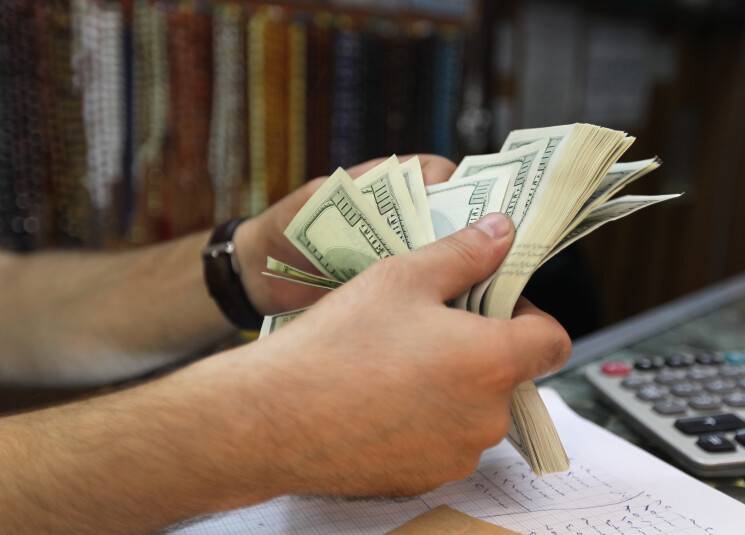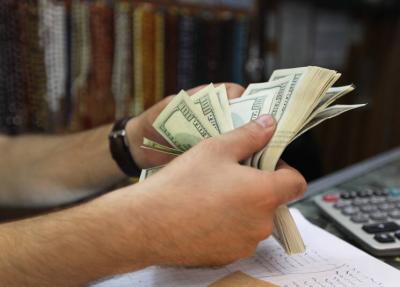The dollar is on track to achieve its first weekly gains in nearly two months as investor bets increase that the Federal Reserve (the U.S. central bank) will raise interest rates in May, while the euro received some support from a surprising rebound in the Eurozone's economy in April.
The dollar index, which measures the performance of the U.S. currency against six other major currencies, rose by 0.2 percent during the day and is heading towards a weekly gain of 0.4 percent, its first since late February.
The euro declined by 0.1 percent to 1.0959 against the dollar but recovered from its session low of 1.0938. It increased by 0.3 percent to 88.84 pence against the British pound.
The recovery in the Eurozone accelerated unexpectedly this month due to a surge in demand for the services sector, offsetting the ongoing decline in manufacturing industries.
Preliminary surveys showed the same momentum in Germany and France, the two largest economies in the Eurozone.
However, the dominant narrative this week has been around the dollar's strength. Federal Reserve officials have emphasized that inflation remains uncomfortably high and that interest rate hikes must continue.
Financial markets indicate that traders believe the U.S. central bank will raise interest rates by a quarter percentage point next month, which theoretically supports the dollar. However, this would likely be quickly followed by a series of rate cuts as the economy slows down.
Data released yesterday raised recession fears as it showed an increase in new claims for unemployment benefits, while factory activity this month in the states along the U.S. East Coast reached its lowest level in three years.
The pound was hit by a decline in retail sales in the UK in March, as poor weather and rising inflation led British consumers to cut back on spending.
The pound fell by 0.3 percent to 1.2404 against the dollar after dropping by 0.51 percent earlier.
The yen rose against the dollar after data showed Japan's consumer price index stabilizing above the central bank's target for March, increasing pressure on the Bank of Japan to reconsider its monetary easing policy.




